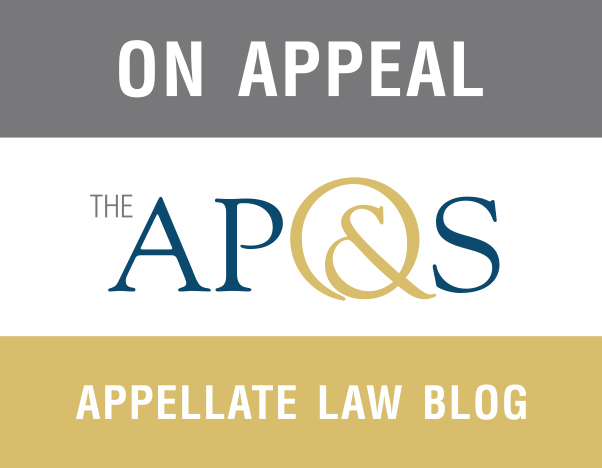In addressing an issue of first impression under Rhode Island law, the Rhode Island Supreme Court has held that a trial justice may not make decisions on the merits based on documents submitted in camera.
In City National Bank v. Main and West, LLC, 108 A.3d 989 (R.I. 2015), the Rhode Island Supreme Court held that the hearing justice erred when he based his decision to grant plaintiff’s motion for summary judgment on a document he viewed in camera without providing defense counsel an opportunity to view it.
In deciding this issue of first impression, the Court relied on case law interpreting the substantially similar Federal Rules of Civil Procedure. In doing so, the Court recognized that “‘[o]ur system of justice does not encompass ex parte determinations on the merits of cases in civil litigation.’” Id. at 992 (quoting Association for Reduction of Violence v. Hall, 734 F.2d 63, 67 (1st Cir. 1984)). Indeed, “[t]he right to due process ‘encompasses the individual’s right to be aware of and refute the evidence against the merits of his case.’” Id. (quoting Vining v. Runyon, 90 F.3d 1056, 1057 (11th Cir. 1996)).
Consistent with these concepts, the Supreme Court held that the court may only examine materials in camera “‘to prevent the discovery or use of evidence.’” Id. (quoting Vining, 90 F.3d at 1057)). The court may not, however, consider “‘in-camera submissions to determine the merits of litigation [unless] the submissions involve compelling national security concerns or the statute granting the cause of action specifically provides for in-camera resolution of the dispute.’” Id.
In City National Bank, the hearing justice had granted summary judgment based, in part, on his reliance on a document reviewed in camera. Thus, on appeal, the Supreme Court held that the hearing justice erred in doing so without permitting defense counsel an opportunity to review the document. Accordingly, the Court vacated the judgment and remanded the case to the Superior Court.





